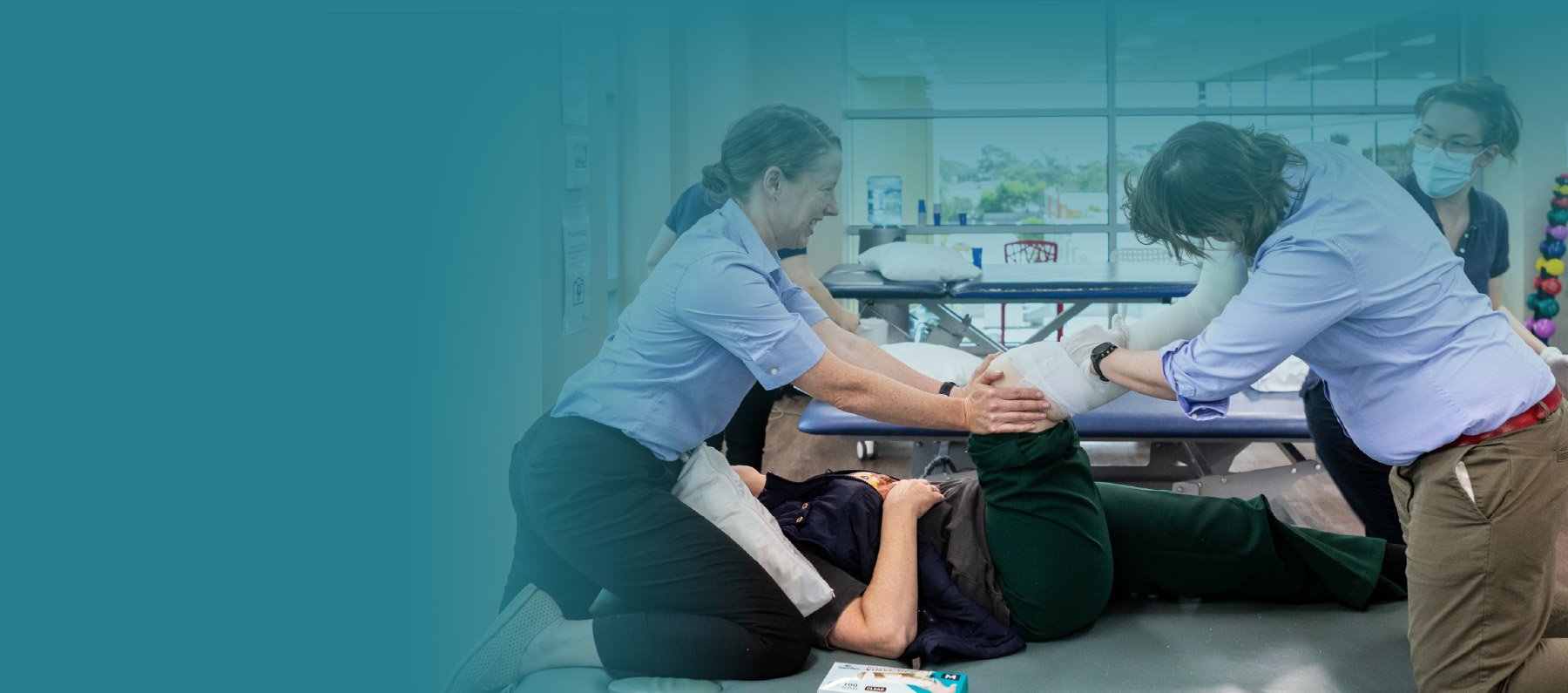
Conditions Treated
SPINAL CORD INJURY
Spinal cord injuries refer to damage to the neural tissue in the spine canal which can occur as a result of trauma such as a car accident or from non-traumatic causes including disease or degeneration such as stroke, congenital changes, infection, or cancer. Symptoms of the injury depend on the severity and location of the injury which may include sensory and motor loss, changes to muscle tone, respiratory weakness including difficulty breathing or coughing, cardiovascular dysfunction including low blood pressure, autonomic dysreflexia, as well as continence or pain. At the Neurological Rehabilitation Group, we can help to improve your quality of life, maximise your function and provide you with tailored treatment plans directed towards achieving your goals.
What We Offer
Our therapists will provide you with a comprehensive assessment of the body systems affected in your specific case and use their analysis skills to look at your movement patterns, joint range, muscle strength, sensation and proprioception and abnormalities of tone or spasticity. They may also look at your posture and alignment, as well as your functional abilities in lying, sitting, standing, walking, or running where appropriate.
Our therapists are equipped to provide therapy and techniques to help achieve your highest function. This may include:
Education to facilitate a greater understanding of the health after a spinal cord injury
Hands on facilitation techniques to assist in your ability to activate your muscles or achieve better movement patterns
Develop a tailored program including stretching, strengthening and cardiovascular fitness training to complete at home, your local gym or in clinic using our wide range of equipment
Carer training to provide positioning guidelines or facilitate skill practice for home
Functional mobility practice including exploring new functional skills including transfers, standing, walking or stairs
Advice and treatment regarding spasticity management (see our spasticity clinic for more information)
Equipment recommendations including orthoses or gait aids which may require referral to your local or our specialty orthotic clinic
Advice on upper limb management, shoulder care and preservation for those wheelchair users at risk
Review and prescribe wheelchair, seating systems or equipment such as standing frames you may require (for more information see our posture and seating clinic)
Off-site hydrotherapy
Group exercise classes for general fitness or individualised gym programs within your local community with one of our exercise physiologists
Where required, they can also refer or liaise with health professionals involved in your care including your medical team, nurses, occupational therapy, dietitians, orthotists, or psychologists. They will also liaise with your appropriate funding bodies to support your needs.
For more information and support:
Spinal Cord Injury Australia www.scia.org.au/
